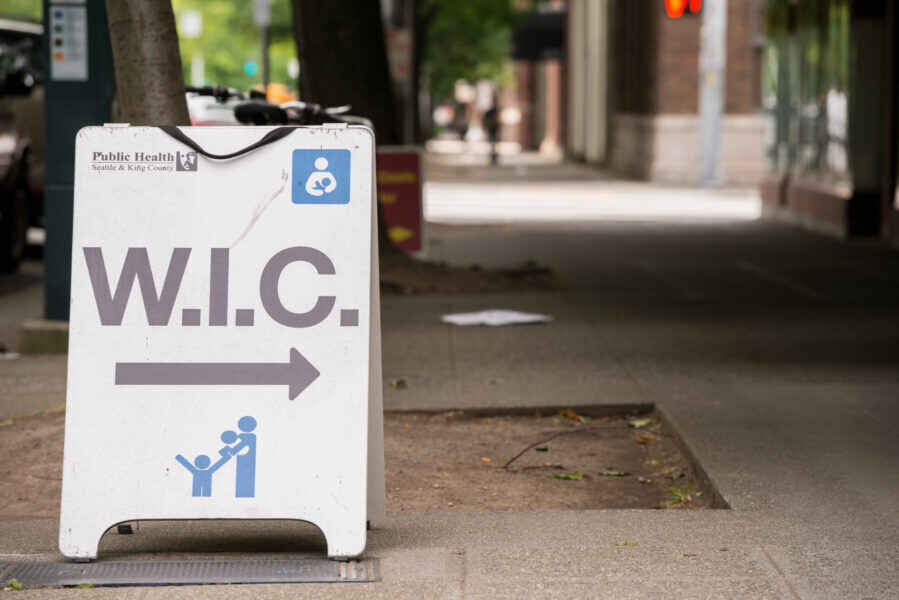
Legal and Health Care Repercussions of the End of the National Public Health Emergency
Issue BriefHealth and Health CareMedicaidCOVID-19COVID-19 ResourcesCOVID-19 and Health EquityEmergency Legal Preparedness and ResponseThis issue brief examines the end of multiple COVID-19 enhanced government authorities and the significant implications related to the cost and availability of COVID-19 vaccines and tests, telehealth and HIPAA flexibilities, Medicare and Medicaid expansions, private health insurance coverages, and immigration policies.











